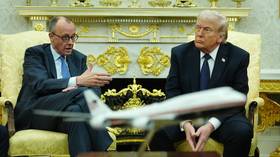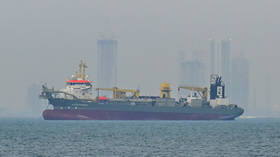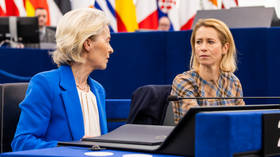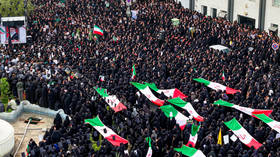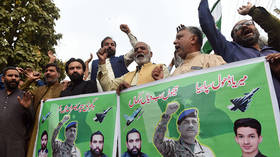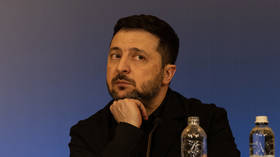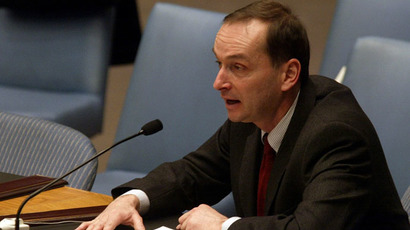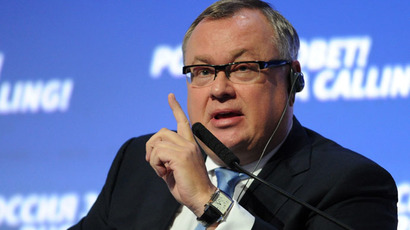Anti-Russian sanctions ‘counterproductive’, not a solution – Italian FM
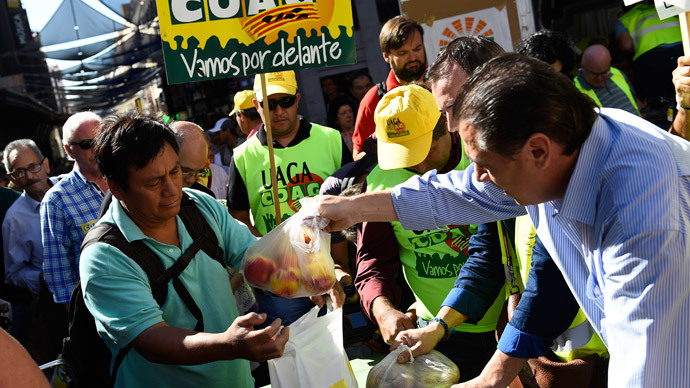
Penalizing Russia with sanctions is “not the solution” to the Ukrainian crisis, according to Italy’s foreign minister, who has joined a growing number of voices in Europe questioning the effectiveness of solving diplomatic issues with economic pressure.
Although Italian Foreign Minister Paolo Gentiloni deems sanctions against Russia a “necessary evil,” he believes they are “not the solution” to the crisis in Ukraine. He said he would prefer to see “dialogue at all levels” taking place.
“We respect the sanctions, they are an instrument, but we need to arrive at a political solution,” Gentiloni told journalists in Rome.
Gentiloni has also emphasized the importance of Russia as a business partner for Italy.
His predecessor, Franco Frattini, was last week even more forthright on Italy’s business ties with Russia.
“How can you increase jobs and increase growth by decreasing trade with Russia?” he asked.
Italy has been heavily affected economically by import bans on agricultural products imposed by Russia as counter-sanctions, Frattini said.
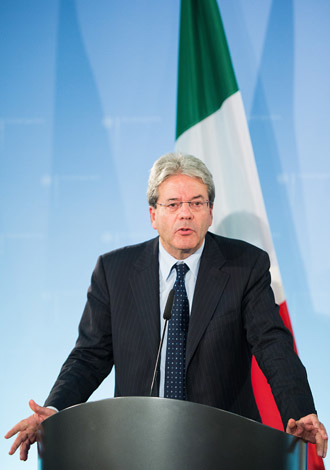
READ MORE: Italian ex-FM: Sanctions affecting EU much more than expected, not impacting US at all
Anti-sanctions voices have lately been getting louder from Europe, which has seen its exports to Russia decline by one-fifth from January to September.
The chairman of the Eastern Committee of German Economy, Eckhard Cordes does not like the trend.
"We expect that the volume of exports fall by seven to eight billion euros in 2014,” Cordes told Passauer Neue Presse on Friday. “We are therefore still skeptical of the sanctions policy."
On Tuesday, former German Chancellor Gerhard Schroeder lashed out at attempts to influence Russia through sanctions.
“I don't think sanctions are helpful,” he said at the University of Regensburg. “The hope that through the sanctions you could apply enough pressure so that Russia will do what the west expects them to do, it's an illusion.”
Moscow has repeatedly said sanctions as a means to resolve the crisis in Ukraine are pointless, as Russia is already doing all it can in that respect.
Sanctions are just a bad, outdated type of diplomacy, Russia has argued.
“Talking to Russia in the language of force is meaningless,” President Vladimir Putin told the Federal Assembly in his annual address Thursday.
READ MORE: Putin: Talking to Russia from position of strength is meaningless
“The deterrence policy was not invented yesterday, it has been always conducted toward our country, for decades, if not centuries,” Putin said. “Every time somebody considers Russia is becoming too powerful and independent, such instruments are turned on immediately.”



